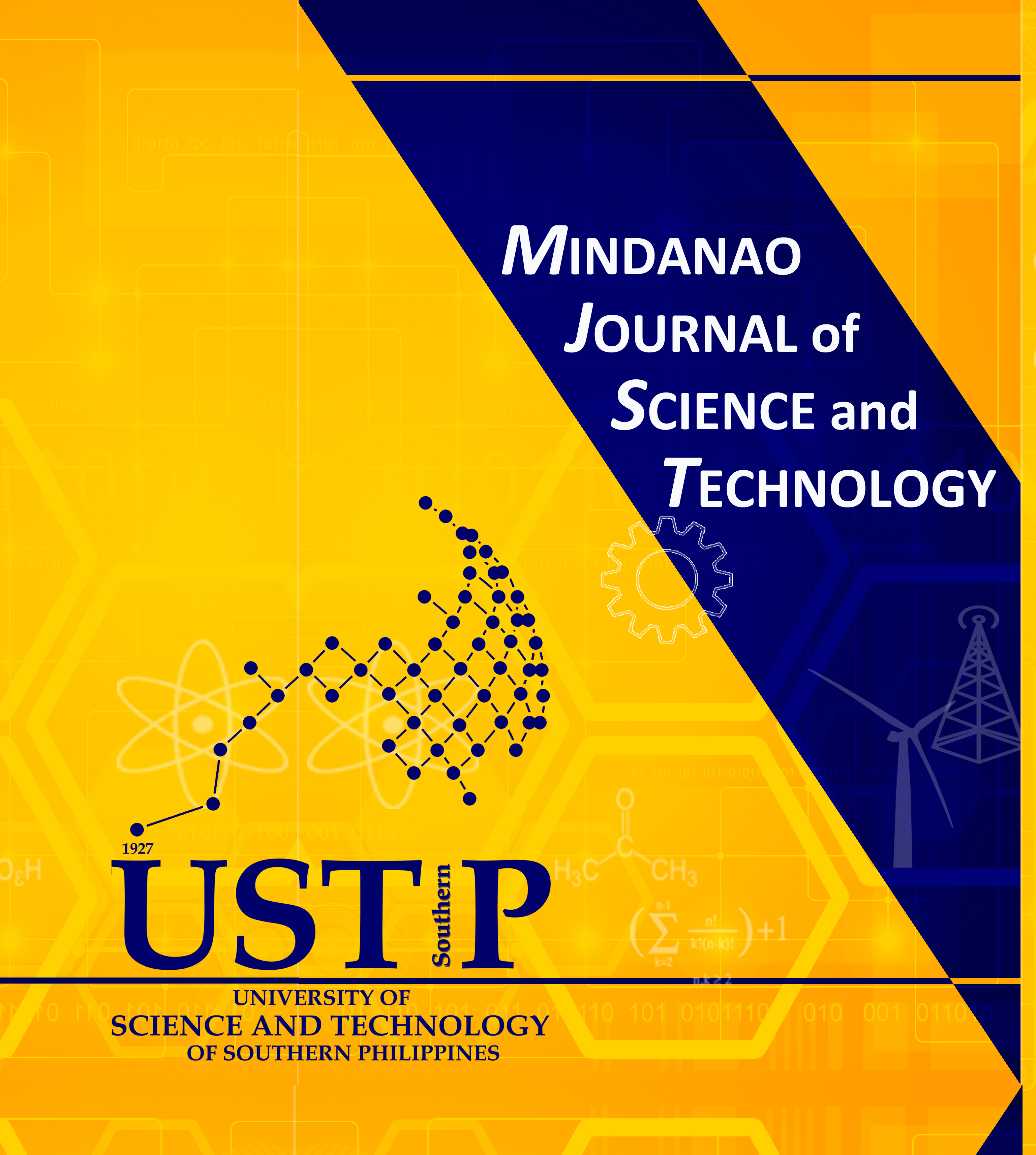Prediction of 28-day Compressive Strength of Concrete at the Job Site using Artificial Neural Network
Keywords:
artificial neural network, compressive strength, electrical resistivity, feature importance analysis, feature selectionAbstract
Recently, there has been a great interest in applying artificial neural networks (ANNs) to predict the compressive strength of concrete in various compositions. This study aimed to predict the 28-day compressive strength of concrete delivered at the job site using ANN. The datasets used to construct, train and test the ANN model were obtained experimentally by the authors. Feature importance analysis was applied to evaluate the significance of input variables on the output variable. Feature selection was employed to eliminate the least relevant features based on the importance scores to improve the model prediction performance. The results demonstrated that the ANN model could predict the 28-day compressive strength of delivered concrete with high accuracy and robustness. It was also indicated that the ANN model with feature selection outperformed the ANN model without feature selection. The R values of the ANN model with feature selection were increased by 0.76 and 1.69% in training and testing sets, respectively, compared with the model without feature selection. Furthermore, it was found that the MSE values for training and testing sets were decreased by 0.8381 and 1.8882 MPa, respectively. This study revealed that the C/A ratio was the most influential feature of the compressive strength of delivered concrete followed by the FA/CA ratio, ER, W/C ratio, slump and temperature.










